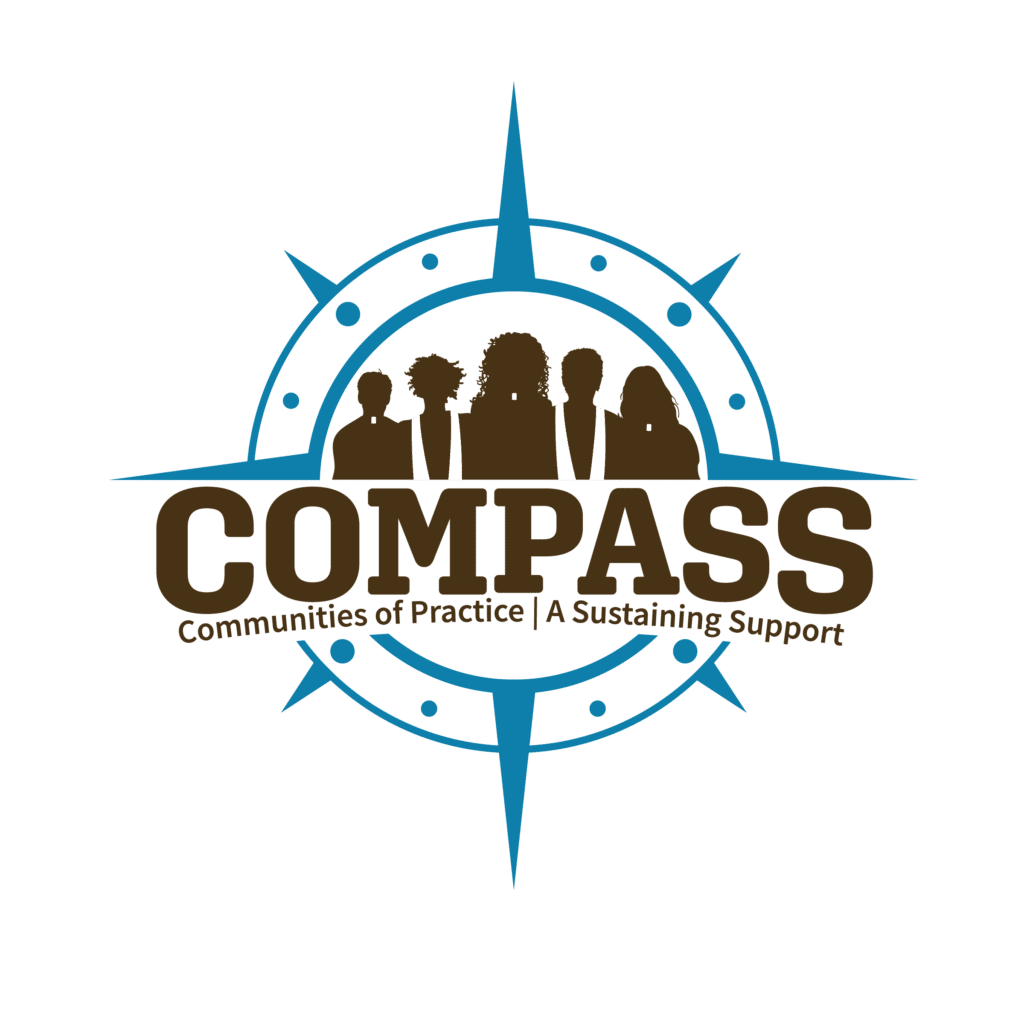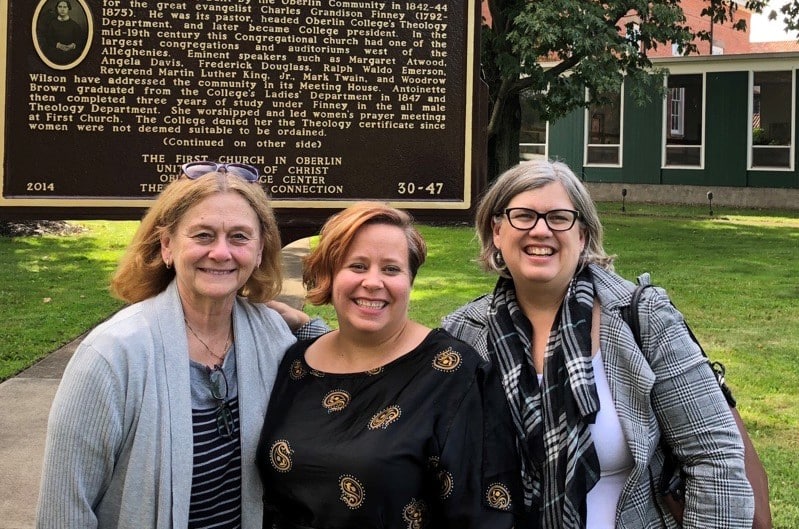COMPASS
Communities of Practice – A Sustaining Support

What is the work of COMPASS?
In 2012, a steering committee was formed to provide ongoing support and training for the network of peer learning and support groups in the United Church of Christ. COMPASS (Communities of Ministerial Practice, A Sustaining Support) is now part of the national setting of the United Church of Christ. Tara Barber, of the Ministerial Support and Accountability Ministry of the UCC, serves as the staff person for COMPASS.
Vibrant ministry is a communal project, not a solo endeavor. It is shaped by God’s guidance, of course, but also by our collaborative participation, by the mutual sharing of faithful gifts, challenges, questions, and insights. In New Clergy Groups and Communities of Practice, the church’s leaders have found the resources they need, including the room they need to grow, so that they can serve the church with greater vision and more joy.
As you train group facilitators or serve as one, that is our prayer for you and for the whole church – clearer vision, renewed calling, flourishing ministry, transformed lives.

Coordinator’s Manual

Facilitator’s Workbook
Additional Resources in partnership with Join the Movement.
- All Church Read COP Facilitators Guide
- How to Be an Antiracist COP Discussion Guide Chapters 1-6
- How to be an Antiracist COP Discussion Guide Chapters 7-11
- How to be an Antiracist COP Discussion Guide Chapters 12-18
Dedicated to strengthening and sustaining excellent pastoral leaders for a lifetime of creative and effective service to the church.
Twenty years ago, in its strategic plan, A Vision for Renewal and Growth, the Massachusetts Conference of the United Church of Christ made leadership development one of its most significant priorities. In setting this goal, the Conference began to think in new ways about the essential role of pastoral leadership in fostering and sustaining congregational vitality and about what our pastors and churches need to be supported and strengthened in ministry.
In 2003, two significant efforts under the leadership of Susan Dickerman, Christina Braudaway-Bauman, and Lawrence Peers were launched in keeping with these aspirations: A New Clergy Group program and a network of Clergy Communities of Practice.
New Clergy Groups: New pastors in their first three years of ministry are invited to join a small group of three to five colleagues. Meeting monthly for three years, these groups, each facilitated by a more seasoned pastor trained for this role, have the purpose of offering new pastors an intentionally supportive entrance into ministry, to surround them with peers with similar experience, give them a mentor to turn to, and provide opportunities to develop life-giving practices and habits right from the start.
Clergy Communities of Practice: More seasoned pastors are also offered opportunities to gather in small groups for learning, reflection, and conversation about their ministries. Covenanting to meet together monthly for a year at a time, Communities of Practice foster an environment of collegial trust, friendship, and mutual support.
A Movement for Ministry
These initiatives to support and equip pastoral leaders have been part of a much larger effort across the country in many denominations and church organizations. Initial experiments in the Transition into Ministry, for new pastors, and Sustaining Pastoral Excellence, for more experienced clergy, were supported with grants by the Lilly Endowment. In time, the ventures developed into a movement across the wider church focused on sustaining and strengthening pastoral leaders in every season of ministry.
In the United Church of Christ, the New Clergy Group Program and Clergy Community of Practice grew to include hundreds of pastors in Massachusetts. Beginning in 2006, the programs expanded to other New England Conferences, Wisconsin, Ohio, Pennsylvania, Michigan, and the Pacific Northwest. Sometime later, New York, Minnesota, Illinois, and the Southern Conference launched similar programs. The Community of Practice model was soon replicated for Christian Educators, Chaplains, Lay Leaders, especially local church Moderators, and sometimes Clergy and Lay people together sharing experience and wisdom around particular topics, such as Stewardship or Strategic Planning.
Questions?

Please contact Rev. Tara Barber (barbert@ucc.org), Minister for Ministerial Support and Accountability, for more information.

